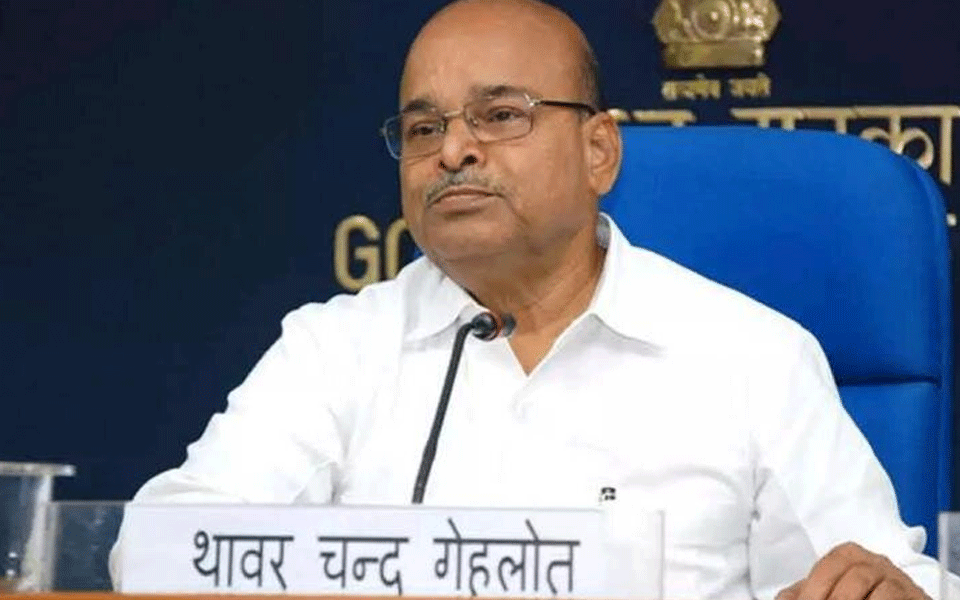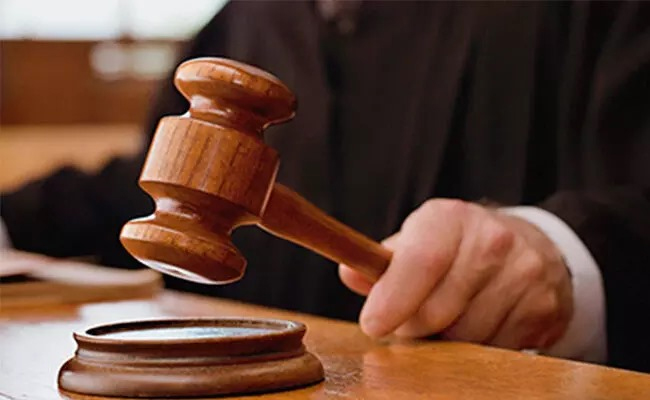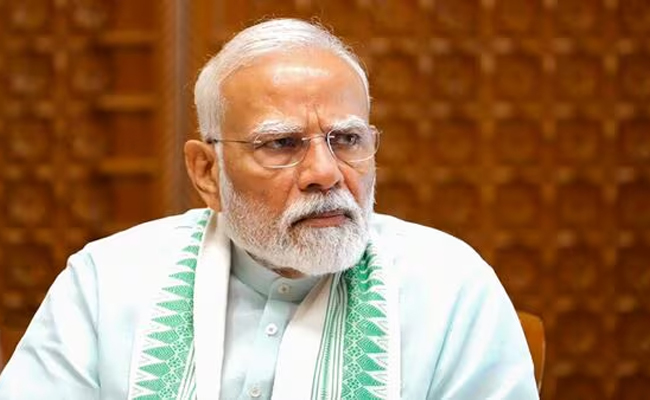Bengaluru (PTI): The SC/ST reservation in poll-bound Karnataka is all set to go up, with state Governor Thaawarchand Gehlot giving his assent to an ordinance in this connection.
With the passage of the ordinance, which was in accordance with the Justice Nagamohan Das committee report, the reservation for the Scheduled Castes will increase from the existing 15 per cent to 17 per cent. For the Scheduled Tribes, it will be 7 per cent from the existing 3 per cent.
The state cabinet had cleared the ordinance a few days ago. On Sunday, it got the governor's nod.
Chief Minister Basavaraj Bommai welcomed the decision and said the ordinance will be tabled in both Houses of the Karnataka Legislature to get it cleared there.
"Our government marched ahead with a commitment to increase the reservation. This is a gift from our government to the SC/STs," Bommai said.
The ordinance is aimed at providing reservation of seats in educational institutions in Karnataka and of appointments or posts in the services under the state for the persons belonging to the Scheduled Castes and the Scheduled Tribes.
The gazette notification said the number of castes increased drastically after the inclusion of some more communities.
The total population of SCs and STs in the state went up by leaps and bounds, it added.
The notification further said in 1976 as per the Scheduled Castes and Scheduled Tribes Orders (Amendment) Act, 1976 (Central Act 108 of 1976), the geographical limitations attached to the castes were removed which also led to extraordinary increase in the population of SCs and STs in the state.
The move is seen as an attempt by the BJP government in Karnataka to woo the SC/ST communities ahead of assembly elections, which are about six months away.
Let the Truth be known. If you read VB and like VB, please be a VB Supporter and Help us deliver the Truth to one and all.
Prayagraj (PTI): The Allahabad High Court observed that the absence of teachers frustrates the very purpose of the Right of Children to Free and Compulsory Education Act, 2009 and refused to interfere with the suspension of primary school teachers who were found absent from their school during an inspection.
The court also directed the state government to frame a policy ensuring the presence of teachers in schools within three months.
Justice Prakash Padia, while disposing of the writ petitions filed by Indra Devi and Leena Singh Chauhan, observed that the teachers are the "pillars of knowledge" and revered as 'Guru' in the Indian culture. The state government has an obligation to ensure the imparting of unbarred education to children.
ALSO READ:Rupee strengthens past 90/USD level in early trade
Both the government school teachers challenged the orders passed by the District Basic Education Officer suspending them, specifically on the ground that they were not found in the institution during the inspection.
The court, in an order dated December 2, while refusing to interfere in the suspension order of both teachers, observed, "It is a well-known fact that in a large number of primary institutions throughout the State of U.P., teachers are not attending the institution on time."
"It is an obligation on the state to ensure imparting unbarred education to children belonging to the primary institutions. The matters are coming every day before this Court in which allegations were made against the teachers and headmasters of the institution to the effect that they are not attending the institution within time," the court added.





